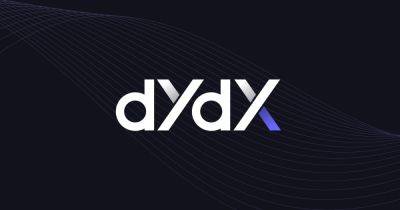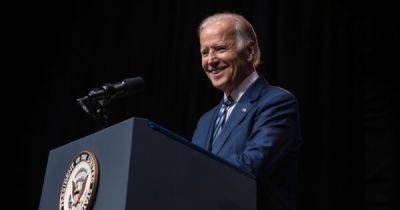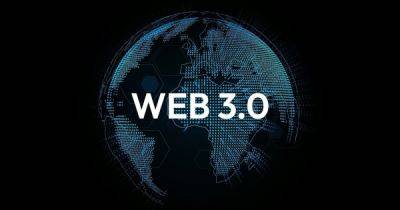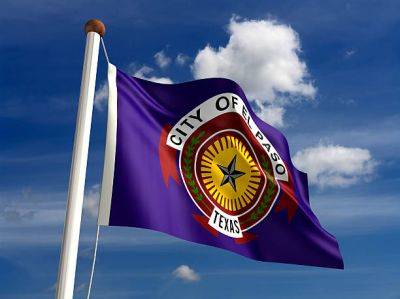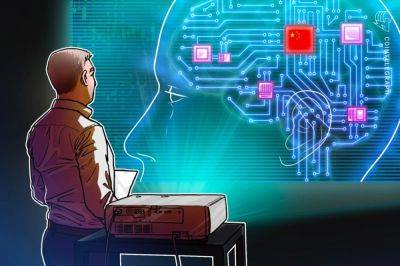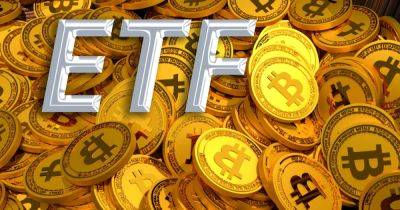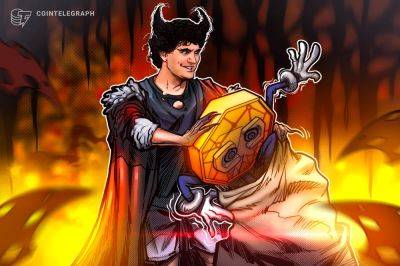Navigating decentralized governance in Web3: Balance of transparency and control
As the digital landscape evolves, decentralized governance has become an important notion to foster a fair and inclusive ecosystem. In the trend toward transparency and collaborative decision-making, analyzing companies’ roles and responsibilities in this new paradigm is critical as we navigate the exciting realm of decentralized governance in search of the ideal balance of transparency and control.
The conventional system of centralized control is called into question by decentralized governance. The goal is to equally share power and decision-making authority among participants while encouraging transparency and inclusiveness. However, striking a balance becomes critical when considering corporations’ roles in this shifting environment.
Organizations play an important role in decentralized governance by serving as collaborative leaders and catalysts. They create spaces for people to share their expertise, collaborate and build communities. Organizations believe in empowering individuals and contributing to the ecosystem’s growth via their efforts.
Great power comes with great responsibility. Organizations must recognize their position as promoters of fairness and integrity. Everyone is responsible for prioritizing and promoting the greater good of the community while protecting against abuse. Organizations may foster trust and an environment where everyone has an equal voice by emphasizing transparency and responsibility.
Decentralized responsibility demands avoiding the flaws of centralized systems by learning from the past. It pushes inclusiveness and fairness while avoiding the power imbalances that plagued Web 2. Organizations must actively engage with the community to build a collaborative and shared decision-making
Read more on cointelegraph.com





